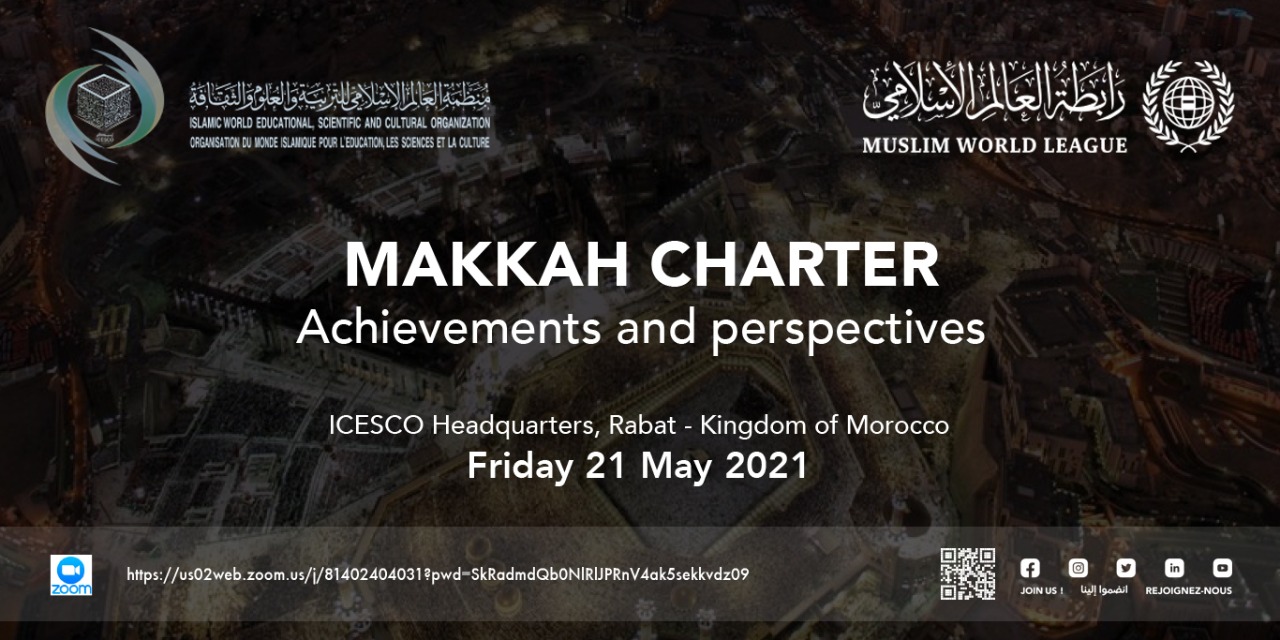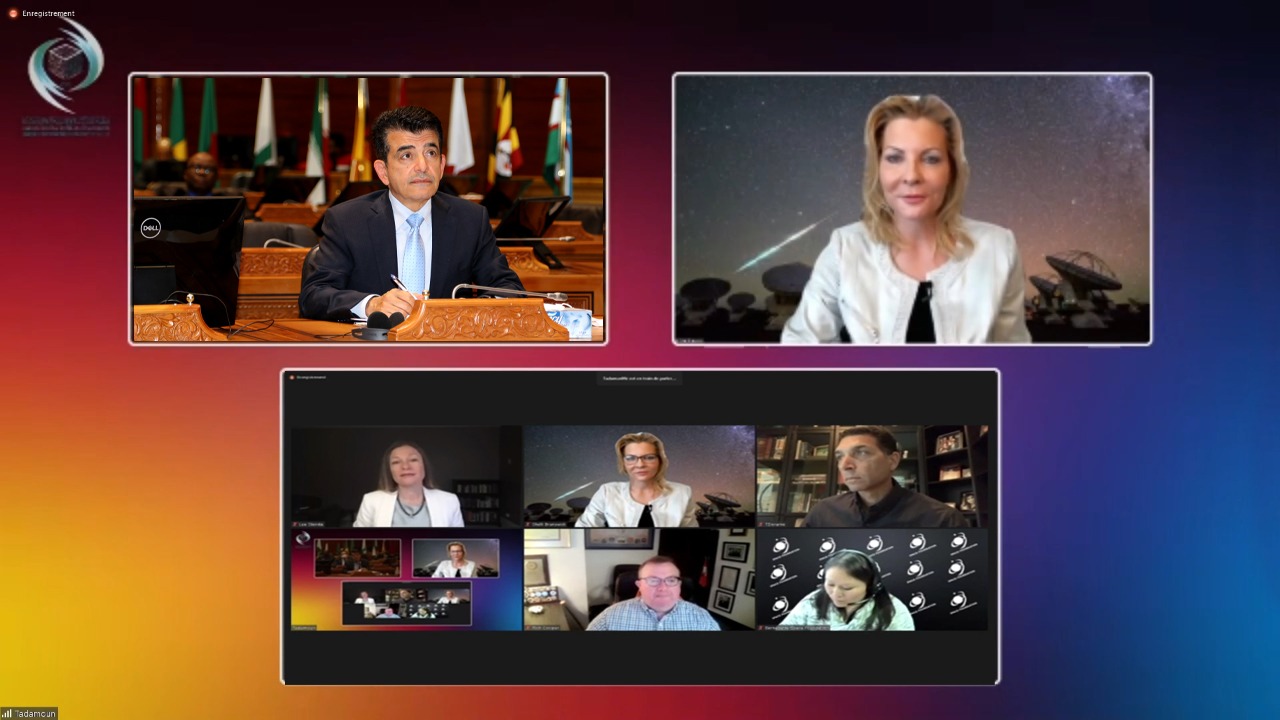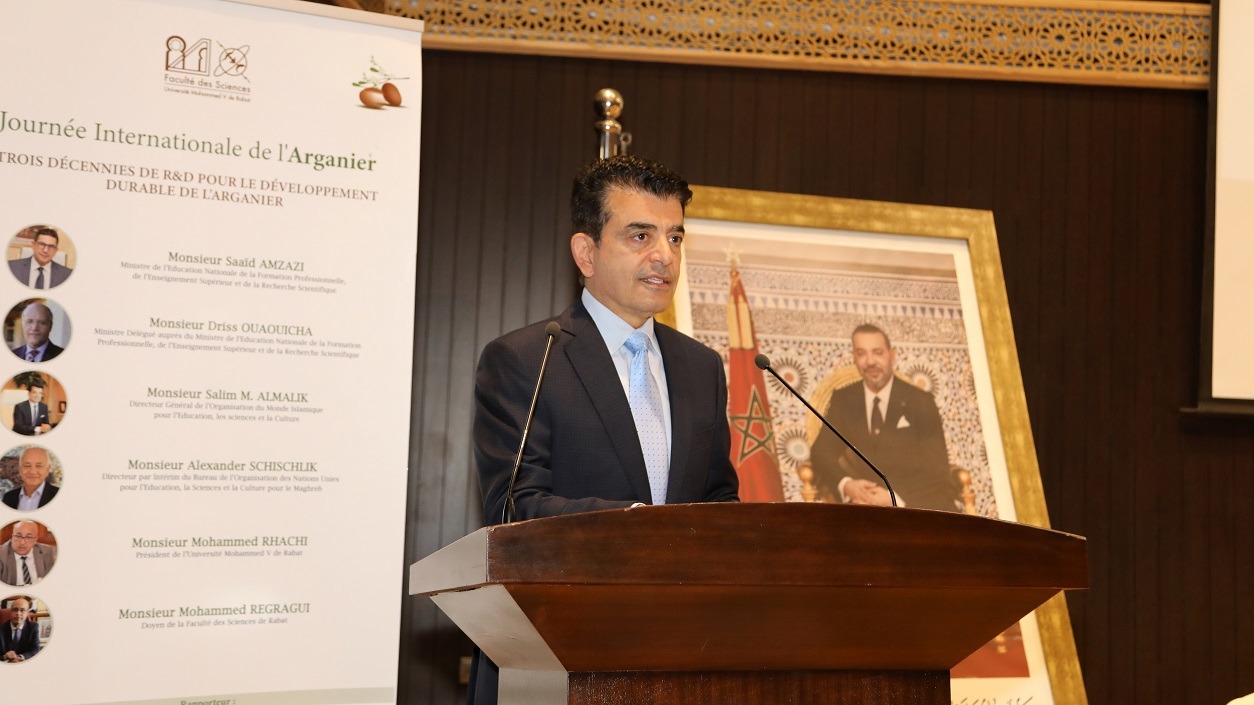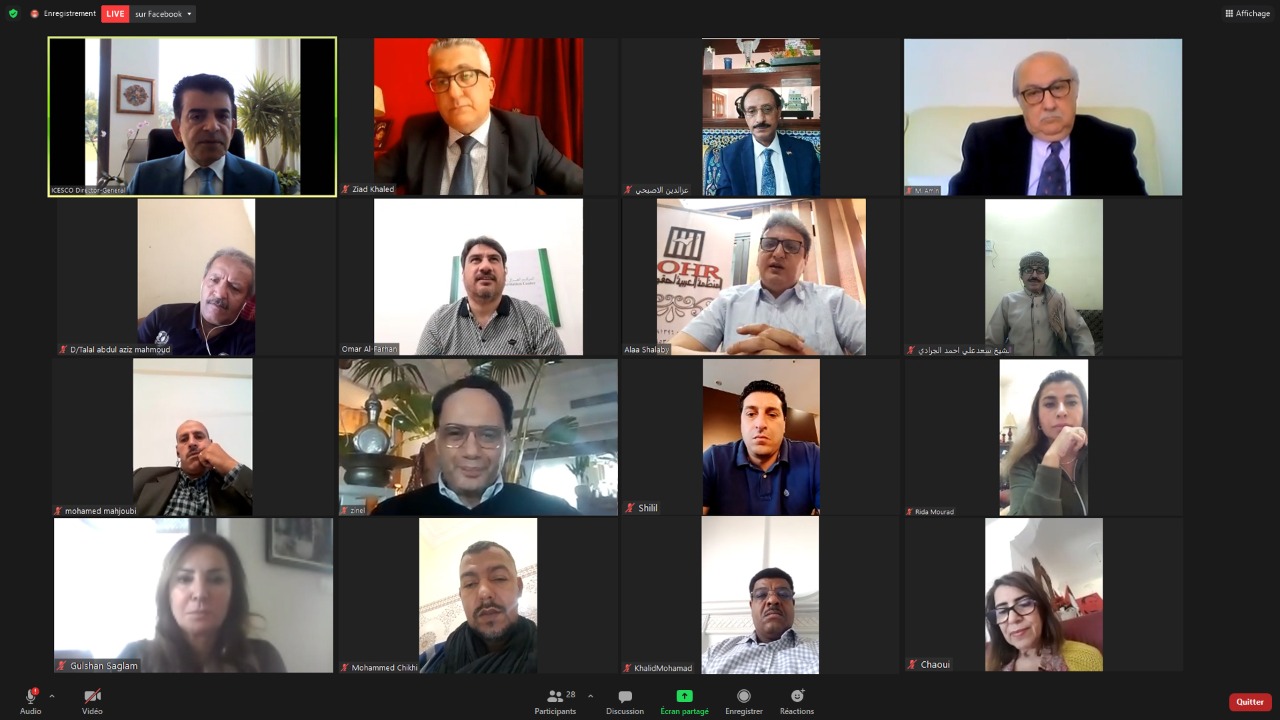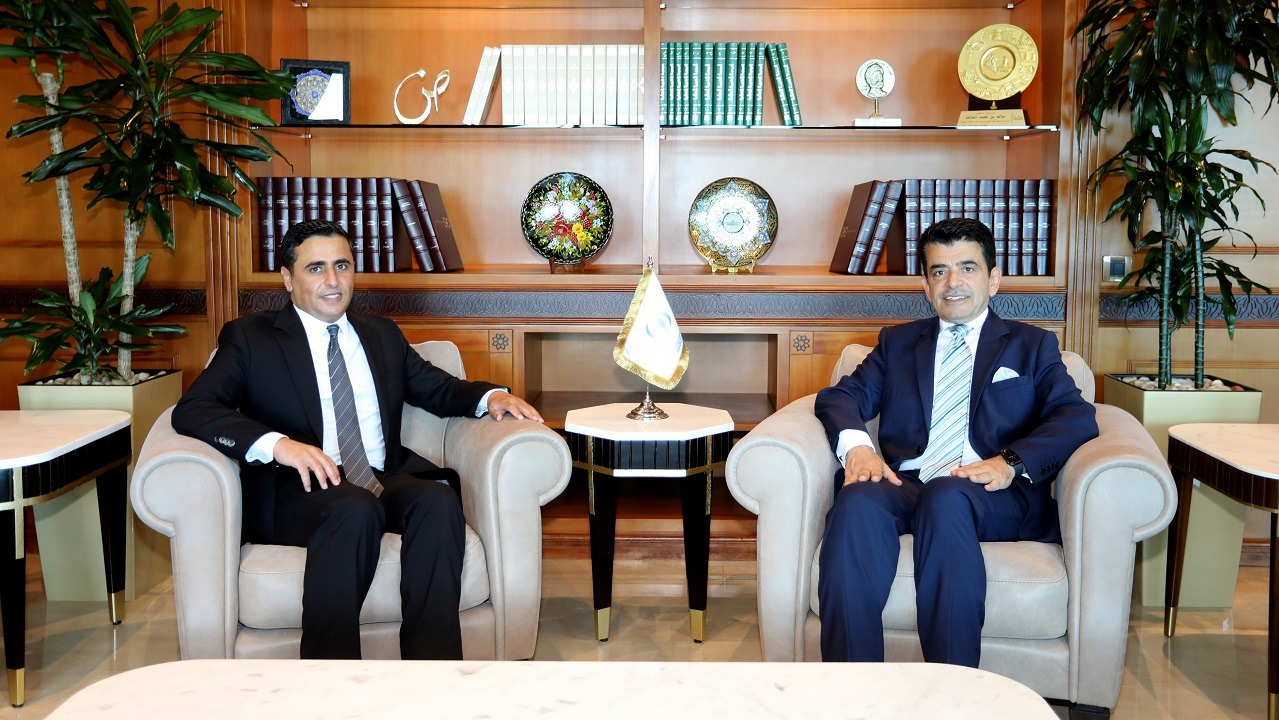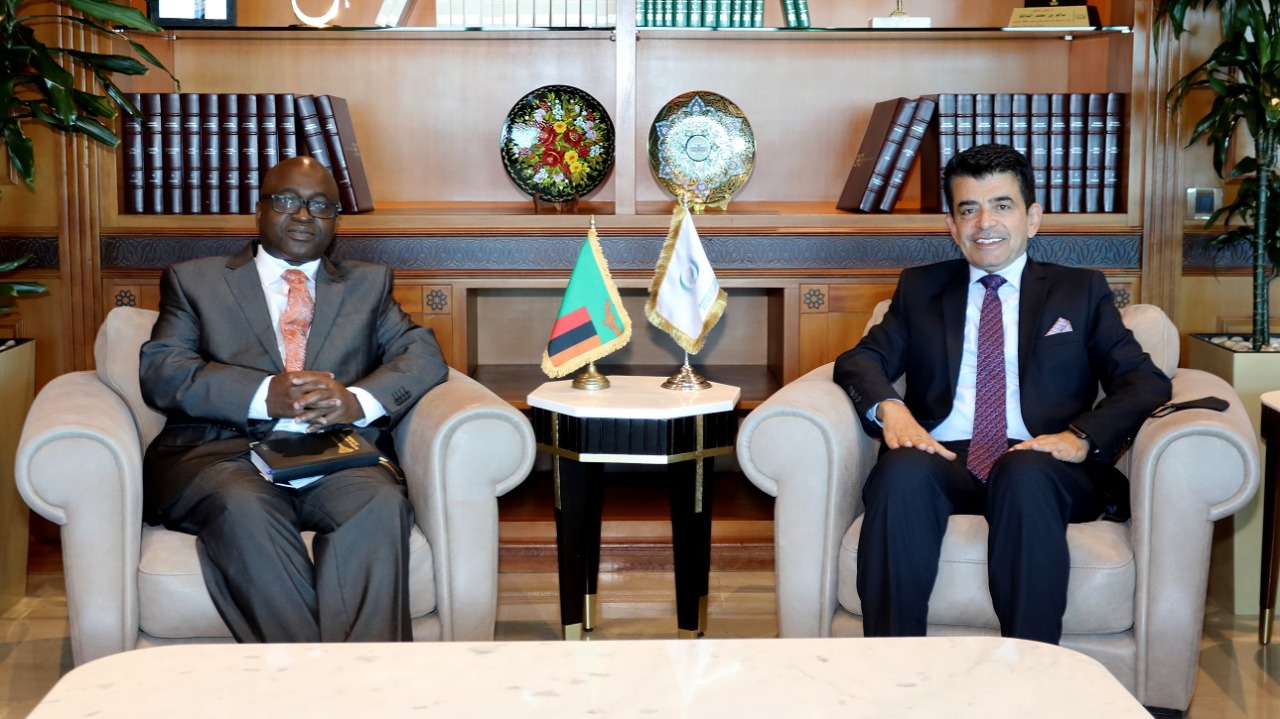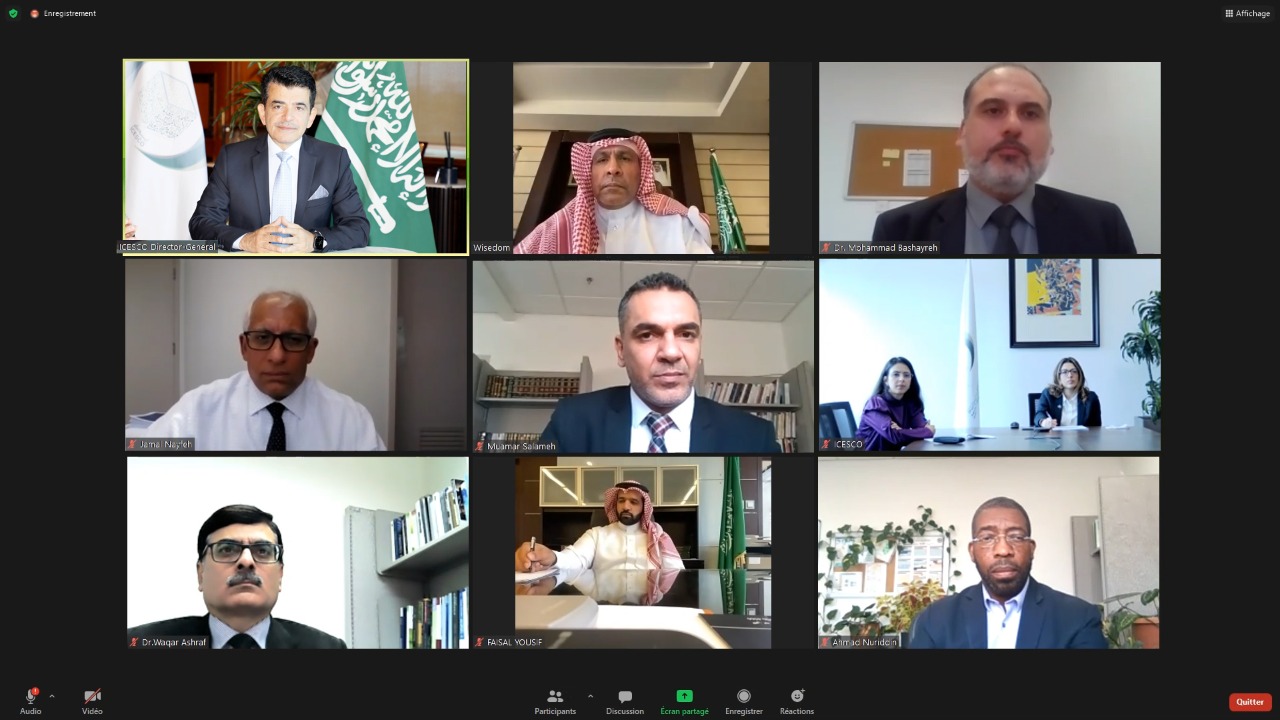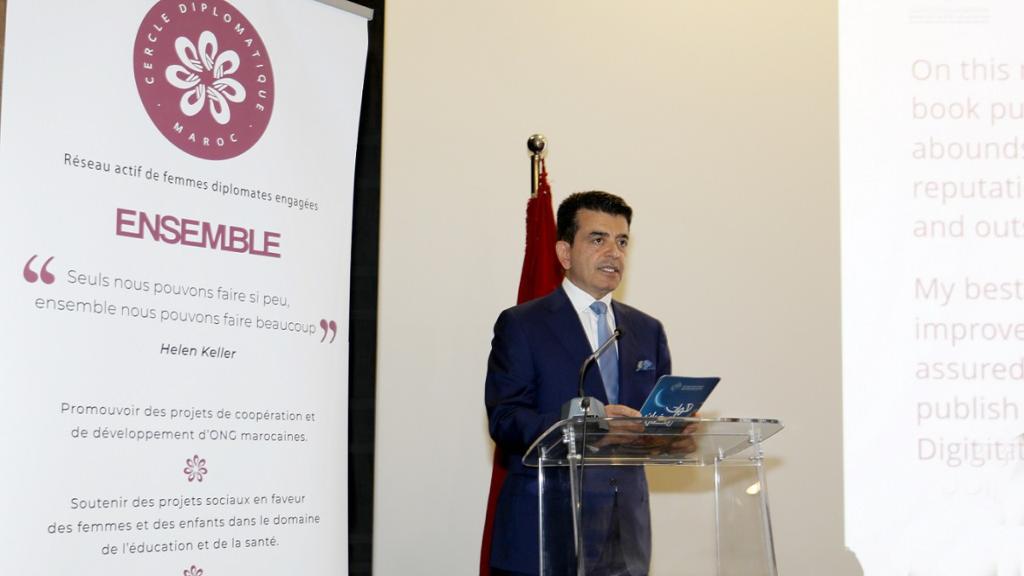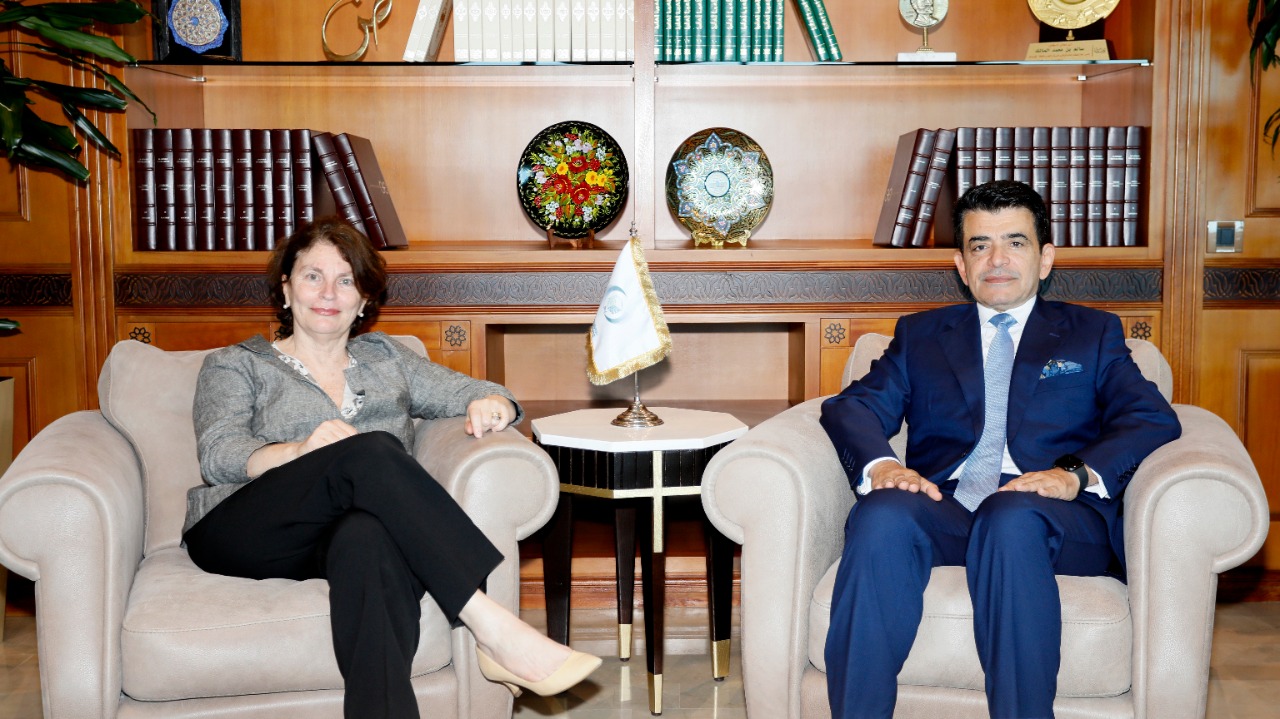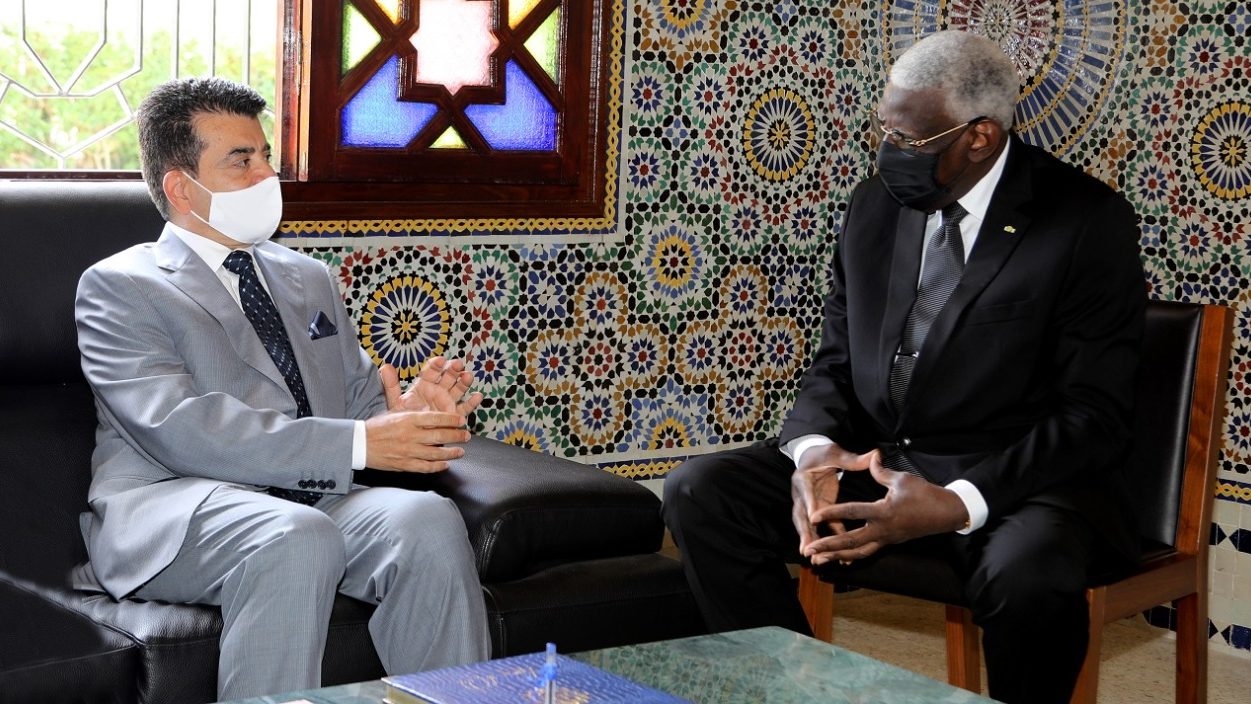Dr. Salim M. AlMalik, Director-General (DG)
of the Islamic World Educational, Scientific and Cultural Organization (ICESCO),
yesterday, April 29, 2021, participated in the launch ceremony of the book
“Ramadan Tastes” that the charitable Diplomatic Circle in Morocco
published with ICESCO’s support. The book includes 56 recipes from 27 countries
for delicious dishes that celebrate tolerance and generosity and value the
cultural treasures of the Islamic world.
The ceremony that the charitable Diplomatic
Circle organized at the headquarters of Mohammed VI Museum of Modern and
Contemporary Art, in Rabat, saw the participation of Ms. Jamila Elmossalli, Minister
of Solidarity, Social Development, Equality and Family of Morocco, along with several
ambassadors and wives of ambassadors accredited to Morocco as well as the wives
of several heads and directors of international organizations in the country.
In his address, Dr. AlMalik stressed that
the publication of the book is a new and important approach. “All the
publications that aim at highlighting the national heritage constitutes a valuable
human and civilizational contribution on the level of customs and traditions as
well as food and clothing, which are both elements of intangible heritage,” he
added.
Dr. AlMalik also expressed the Organization’s
willingness to support the dissemination of the book on a large scale through ICESCO
Digital Home, noting that all the support that ICESCO provides in this context reaffirms
its successful approach, particularly with the celebration of 2021 as the Year
of Women.
For her part, Ms. Elmossalli commended the
idea of the book, noting that cooking is an inherited art. “Throughout
history, women have excelled in the culinary arts. It is high time to take
further steps to preserve this art through documentation to ensure its
transmission to future generations,” she underscored. Ms. Elmossalli also expressed
her gratitude to the Diplomatic Circle for publishing the book and to ICESCO DG
for the efforts of the Organization in supporting women and enhancing their
status.
Furthermore, Ms. Alessandra Mancini, wife
of the Ambassador of Peru, Head of the Diplomatic Circle, delivered an address
wherein she stated that the kitchen plays an important role as a catalyst for a
sense of collective identity, which gives people a sense of belonging to a specific
community and fosters a series of common cultural values.
Ms. Zeina Barakat Atallah, wife of the
Ambassador of Lebanon, Treasurer of the Diplomatic Circle, said that the book
is the fruit of six months of work during which 27 countries of the Islamic
World contributed to highlighting and illustrating their cultural habits and
culinary arts.
Ms. Yolanda Jah, wife of the President of
the Islamic Culture Foundation, Secretary-General of the Diplomatic Circle,
indicated that the book aims to bring the reader closer to the cultural
richness of countries of the Islamic World through the cooking traditions and practices
related to the month of Ramadan.
The charitable Diplomatic Circle is a
non-profit association, established 30 years ago, to support social projects, whose
members include the wives of accredited ambassadors and representatives of international
organizations in Morocco. The sales proceeds of “Ramadan Tastes” will
be allocated to support several humanitarian programmes in Morocco.

